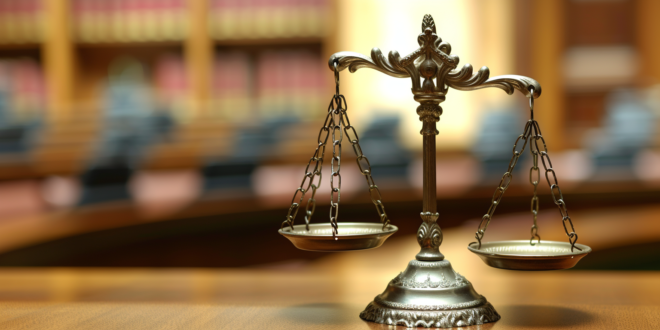Professional liability insurance protects lawyers from issues that might arise in a case. For example, if a client’s lawsuit alleges bad advice, mistakes, misrepresentation, injury, financial distress, or other forms of negligence, then professional liability insurance can help and protect the lawyer if found liable. Additionally, professional liability insurance is crucial for lawyers as it not only covers legal defense costs but also provides financial support in the event of settlements or judgments, ensuring that the lawyer’s professional reputation and financial stability are safeguarded in the face of unforeseen circumstances. However, many lawyers make mistakes when choosing liability insurance. It’s important to avoid these eight mistakes when choosing liability insurance as a lawyer.
1. Not Reading Fine Print
No two professional liability firms are alike and each has their own set of documents that may or may not be what you need as a lawyer. Before you agree to go with any one company, make sure that read the fine print and understand what you are covered when you sign on the dotted line.
2. Believing Professional Liability Covers Accidents
Professional liability insurance will protect you in situations that arise from actions you took professionally. It will not protect you from accidents such as a client slipping and falling at your law office. For that situation, you would need to have general liability insurance.
3. Believing Professional Liability Covers Property Damage
You need a business owner policy for property damage liability. Depending on the professional liability insurance that you choose, you may be able to add this as an additional policy. However, it is not included automatically.
4. Not Accurately Stating Work Hours
Legal work changes and the number of work hours may also change. If you are working in a part-time capacity when you first buy your policy but then grow to full-time or close to full-time within a few months, your insurance company might feel that you misrepresented yourself. This may or may not be an issue. It’s always important to update your working hours as they change to ensure that you are covered at all times. These changes can void your policy if the insurance company feels that you did not accurately represent your work hours.
5. Not Checking State-Specific Requirements for Your Field
Each state has its legal requirements. Make sure that your insurance company has a liability coverage plan that meets each requirement. It’s not enough to assume the coverage is there, you should check to make sure.
6. Group vs. Sole Proprietor
If you are operating as a sole proprietor, then you don’t need to buy a group policy. There are individual policies that can cover a sole proprietor and their business. However, if you are a legal group, then you do need to have a group policy.
7. Gaps in Coverage
It’s important to make sure that you understand the way that your policy works when it is canceled. If you cancel your policy, you need to make sure that it will extend until the new policy is in place. Finding yourself with a coverage gap is dangerous and would leave you wholly unprotected.
8. Missing Deadlines
All liability insurance policies have deadlines for documents, payment, and signing. If you miss important deadlines, you may lose coverage. Keep track of all deadlines related to your policy and make sure that they are kept.
Professional liability insurance is a critical component of practicing law for a lawyer. Protect yourself and make sure that you have a policy that covers you.




